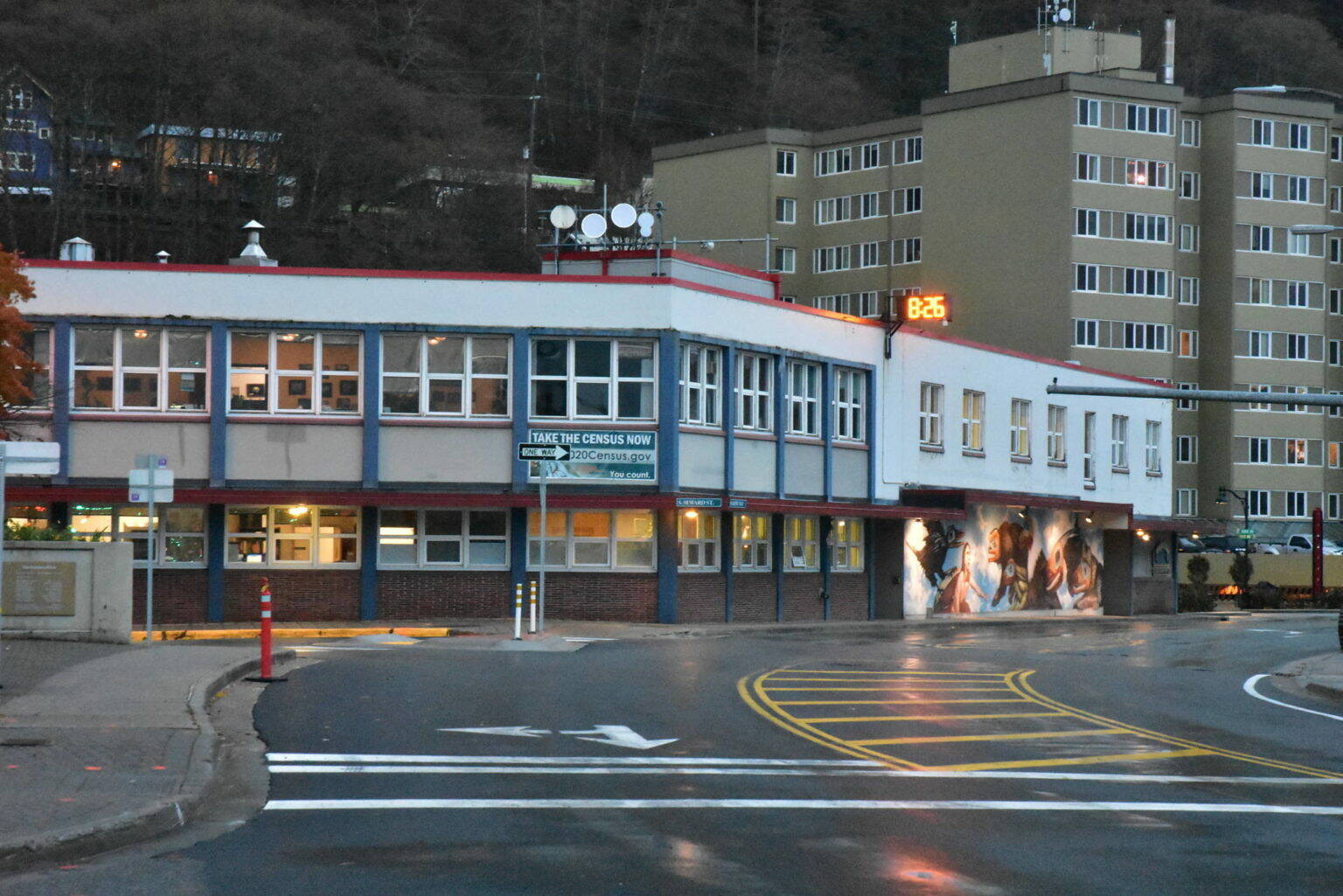By Win Gruening
In what historically has been a perfunctory exercise, Juneau’s budget deliberations this year could be just the opposite. Facing a multi-million-dollar deficit, a stagnant economy and population, declining school enrollments, and the expiration of federal and state pandemic support, the Juneau Assembly has some critical choices to make that will affect taxpayers for many years to come.
Yet, when the CBJ Assembly recently approved the introduction of a staff-recommended ordinance to increase the property tax millage rate next year, you have to wonder whether our assembly members understand basic economics.
As a backdrop, Juneau businesses are emerging from two years of struggles to stay afloat after pandemic-related losses. Property taxes have already climbed dramatically due to increased assessments. Cost of living components remain high, housing prices continue to rise while supply tightens. Several long-running businesses have already thrown in the towel or are on the verge of shutting down. The most recent ones mentioned are Rejuvenation, the Southeast Alaska Animal Medical Center and possibly J & J Deli.
Instead of addressing these immediate issues, the Juneau Assembly is focused on raising taxes even more to help fund two mega-projects totaling over $100 million. At the same meeting the Assembly proposed a property tax increase, they also introduced an ordinance for $6.3 million for initial funding to build brand new offices for city staff. That project is estimated at $27 million but could go higher. Last month, the Assembly approved $2 million to advance the Capital Civic Center/New JACC project that has an initial guesstimate of $77 million.
Neither project has any kind of a firm price tag nor have they received voter approval. In fact, in the Capital Civic Center’s previous incarnation (the New JACC), voters soundly rejected contributing $4.5 million to the project. But since the city has taken over the venture by combining it with a renovation of Centennial Hall, the sky is the limit.
To be clear, if our economy and population were expanding, consideration of projects like this might make sense. But the only thing growing seems to be the city budget. Eventually, this results in even higher taxes and may necessitate balancing the budget with savings.
Obviously, inflation is playing a part in budget deliberations this year. But the Assembly takes for granted that whatever we spent last year is the base and increases get added to that.
Proposed budget increases are partially offset by higher projected revenues from the recovering visitor industry and rising property values — resulting in a deficit of around $4 million — if property taxes are not increased as recommended. Notably, however, the budget does not forecast any negotiated wage or benefit increases. The city is currently bargaining with all three labor organizations, and the Assembly alone has the authority to authorize increases. Any pay or benefit increases awarded by the Assembly could deepen the deficit by as much as several million dollars.
The argument that the pandemic is at the root of our difficulties doesn’t hold water. Ironically, the $47 million in federal pandemic support that flowed into the general fund is the only reason we have a such a high reserve balance. The question we should be asking ourselves is how can these reserves best be used?
Using savings to disguise deficit spending or adding debt to finance speculative expenditures on government-owned facilities does little to stabilize or grow Juneau’s economy, yet that seems to be where the assembly is headed.
Serious discussions of expenditure reductions, facility consolidations or closures, elimination of tax exemptions, along with targeted use of savings to help lower the cost of living and grow the economy are rarely heard.
City Manager Rorie Watt believes Juneau has a structural deficit — one that cannot be solved with one-time expenditures. As he has correctly pointed out in his budget message, “the Assembly can only balance the budget by reducing expenditures or expanding revenues.”
Juneau residents need to weigh in during Assembly Finance Committee budget discussions during the next month if they want to impact the result. Growing the budget without corresponding growth in our community and economy isn’t the answer.
That’s been proven.
• After retiring as the senior vice president in charge of business banking for Key Bank in Alaska, Win Gruening became a regular Opinion Page columnist for the Juneau Empire. He was born and raised in Juneau and graduated from the U.S. Air Force Academy in 1970. He is involved in various local and statewide organizations. Columns, My Turns and Letters to the Editor represent the view of the author, not the view of the Juneau Empire. Have something to say? Here’s how to submit a My Turn or letter.

